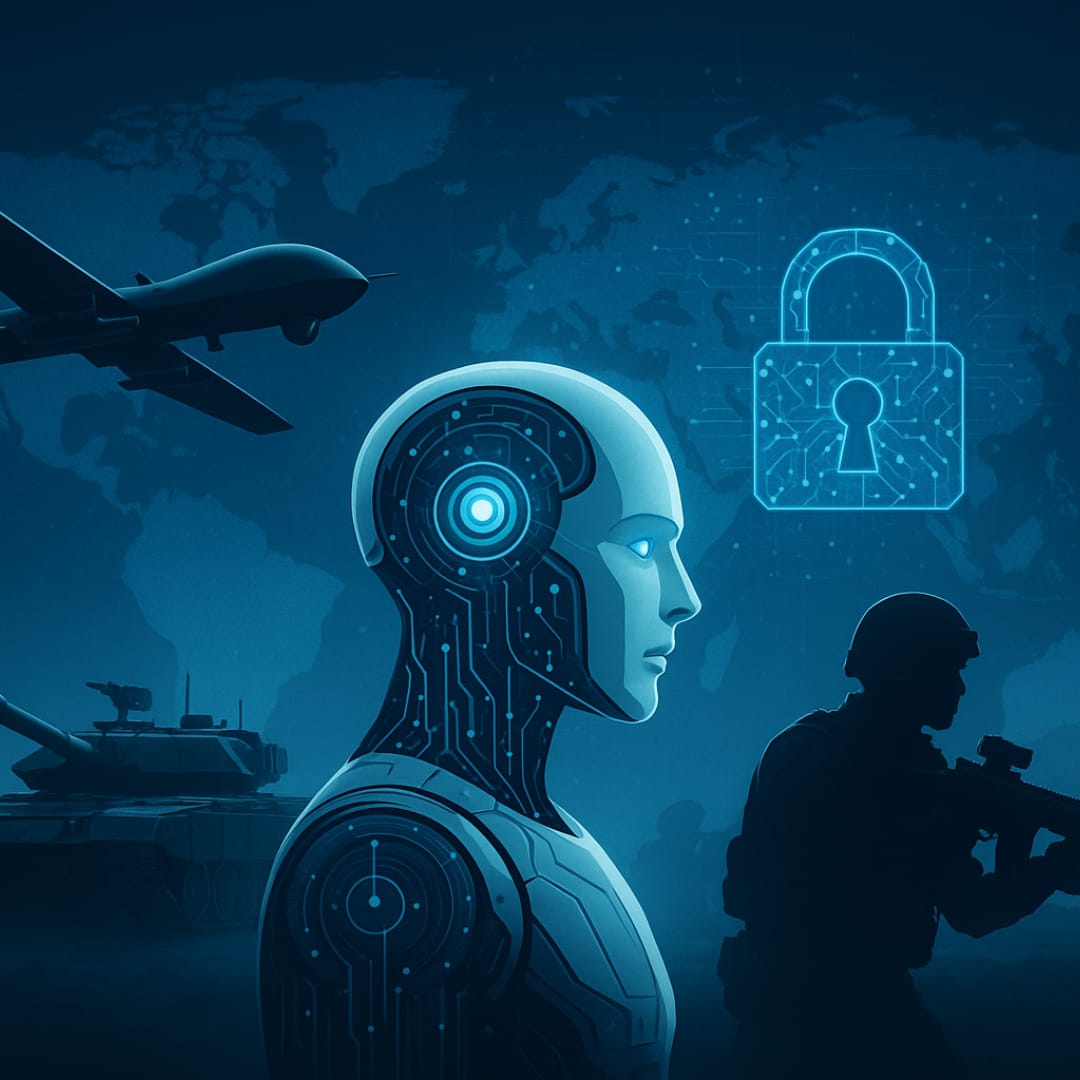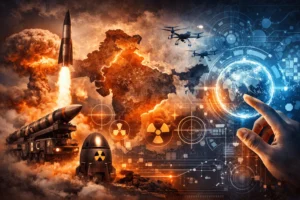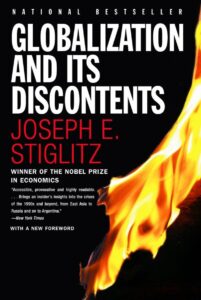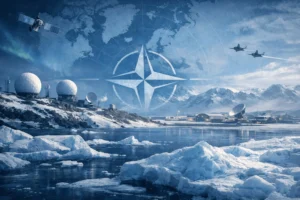How Artificial Intelligence is Changing Global Security: AI in Warfare

How Artificial Intelligence is Changing Global Security: AI in Warfare By Global Stratagem Insight
Artificial intelligence (AI) has emerged over the past years as a leading power in the world concerning security and defense. In recent years, AI left the laboratory and the company where it was first tested and entered the military strategy. Nations everywhere are scrambling to embrace the use of AI not only to be efficient, but to survive and gain an advantage. This will be the new normal of the war enabled by artificial intelligence (AI) and it is already transforming the future of global security.
AI is now incorporating into global security by creating a shift to AI based real-time military operations. Military hegemony will no longer be determined by the number of people and weapons the army has at its disposal, but by the speed and effectiveness of the algorithms it employs and as such, it is worth considering the role that AI plays in the modern military, and what role it will play in the future.
AI-enabled drones are able to follow motion and hit a target without need of a pilot. Algorithms are currently deployed into defending cyber networks, mapping out plans of routes in the battlefield and even the plotting out of military strategies. Autonomous drone technology is one of the game changers that we have witnessed in Ukraine. AI based drones can now follow their opponents and fire at them without any human intervention i.e. real killer robots.
The relationship between AI and global security is becoming very obvious. The introduction of artificial intelligence into security has raised several consequences, some of which are troublesome. On the one hand, AI contributes to increases of surveillance work, accelerates the process of forcing out threats and responding to them. On the other hand, same technologies can be used as weapons that can disrupt geopolitical balances and cause inadvertent blasting-off to a larger conflict action.
The global powers including United States, China, and Russia are pursuing this AI arms race redefining international rivalries and impacting security policies. In 2017, the president of Russia Vladimir Putin made an infamous statement: Whoever decides to become the leader of AI will become the master of the world. U.S. Department of Defense has invested a lot in project Maven, an AI based program that analyses footage of drones. China has extended the use of AI by incorporating it in its surveillance and border control services and extending it even to the military. This race towards dominance in the realm of AI is establishing a modern arms race- one that has very little rules to obey.
The AI has also increases risk of regional security aspect. In South Asia, the most unpredictable point is that the conflicting parties, such as India and Pakistan, are nuclear-armed, and the risks of conflicts rise through the application of AI in the military systems. A hacked unmanned aircraft, a counterfeit cyber alert, or misinterpreted threat can snowball out of control more than ever before. There should never be a situation where the possibility of a machine taking over decision-making situation in such a delicate environment exists- because once there is, it may be too late to reverse the impacts.
The risk associated with AI in Warfare raises vulnerabilities and ethical concerns. Lot of weapons that use AI, or Lethal Autonomous Weapon Systems (LAWS) can be independently used. They are programmed to target, pick targets and attack them independently. After launching, they have their own way of decisions. The risk? There can be no possible way to stop them in case they are hacked or malfunction. And when they make a mistake, the innocent ordinary person dies, who is it to blame? A robot? A programmer? A country?
The future of war is already under construction. The world should vote on what kind of a future it wants. The fact that machines can replace men in fight does not mean that it should. To the defense, peace, accountability, and humanity should be at the helm of defense strategies. The cybersecurity should be facilitating the safety of the world not jeopardizing it With the further development of artificial intelligence, it is becoming increasingly apparent that there is a necessity in implementing the properly functioning governance mechanisms that should allow regulating the use of artificial intelligence, and, thus, reducing the risks involved with it.



